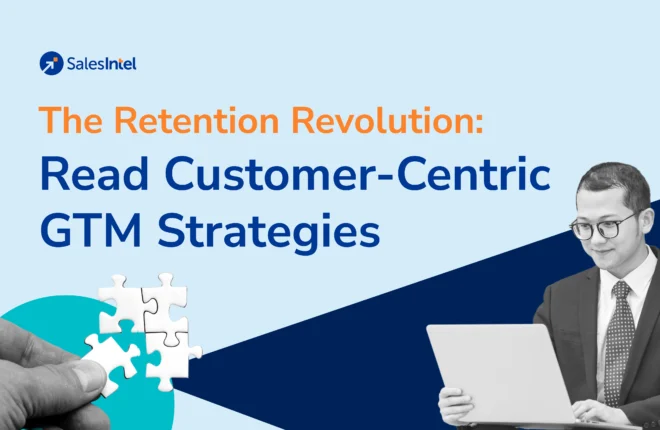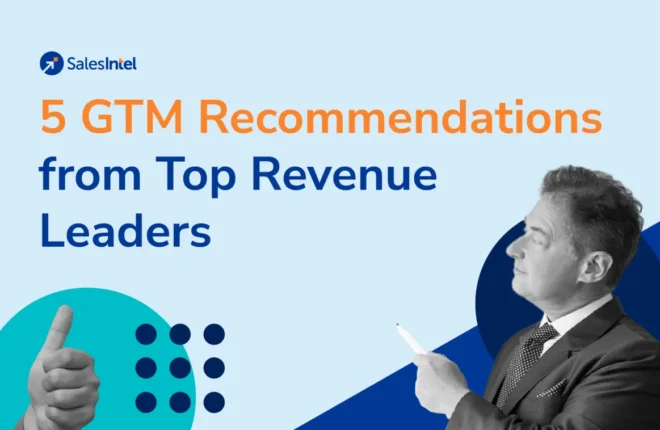March is wrapping up for this year, and it’s been a great month discussing Women’s History and supporting women in their careers.
To end the month, we wanted to share three lessons from two women we admire, the Lead(HER)Ship Panel- Learning From Women Who’ve Made It recording, and additional resources provided by our wonderful participants the WiT Network.
We talked to Susan Kuruvilla and Sabine Gedeon during our hosted Lead-Her-Ship event, LetHerSpeak.
Below is a summary of their advice, bios, and links to additional resources to continue to support women.
1. Own Your Career
Past advice has said that to be successful in the workplace, you need to put your head down and put in the work. Over time, you’ll be noticed and your work recognized. Just grind things out for a year, maybe two.
But, that’s not the reality. You can spend a decade waiting for recognition that’s not coming by itself.
Realize, that you own your career. Step outside the day-to-day and build relationships across your organization and your industry. Take mentorship seriously. Make connections. You can decide how formal you want your relationships to be. Find sponsors and feel free to talk with senior-level individuals. When opportunities arrive you should be top of mind, because not only have you been putting in the work, but you’ve been letting others know what you can do and what you want to do in the future.
You decide the shape and distance of your lane. If an environment and the people around you aren’t fostering your growth, then it’s time to change things up. Think of yourself as an entrepreneur even within your company. You get to make up your own rules and take control of your own goals.
2. Time Doesn’t Equal Impact
Speaking of taking control, always remember that the amount of time you put into a project doesn’t equal the impact you are having. Wearing yourself out for long hours isn’t always smart. Instead, focus on adding value.
There needs to be a level of trust in you and your position. Your impact should decide your priorities. How can you contribute the most and do so consistently? Overtime work will burn you out. Your to-do list will always be filled, but you can be smart about what definitely gets done.
And, managers need to provide space and create a paradigm, especially when working from home, that you sitting at your desk from 8:00 to 5:00 is not how work gets done. Work in the way that’s best for you, and then share the results you’re getting. Don’t assume your manager will notice and share how much you’ve accomplished when you’re not chained to your desktop. Use your network and be your own champion and cheerleader.
Proximity and recency biases are real. Your managers are going to inherently think about who they’ve seen more or who they’ve most recently seen results from. You need to build your relationship and be intentional about being visible. Instead of trying to be recognized for your long hours, be visible for your accomplishments and how you’ve made the role fit you best.
3. Build Negotiation Skills
So, why are we building a network and working on being highly visible without burning out? Because you should be able to negotiate your opportunities.
Corporate management has, whether intentional or not, created an atmosphere of fear around negotiating anything from salary to resources. But instead of putting forward an ask and waiting to see if you’re rejected, you can change your mindset to thinking of negotiations as opportunities for win-win outcomes.
Your employer benefits from you being there and having what you need. Think about what makes your request an easy “yes” from them. Since you own your career, you have to lead the negotiation to your benefit. Have a mindset as if you are two companies working out a business deal. How does it work better for both of you? How can everyone win?
Next, think about your best alternative to a negotiated agreement. If you are only offered a partial salary increase compared to your ask, think about how you can close the gap between what was offered and what you want. Could you have more PTO? Work from home full time? See counter-offers as a chance to explore other needs you want to be met.
These conversations are hard and take practice. That’s why building negotiation skills is step three. You need to leverage your mentors, rely on your network, gain feedback on how you want to approach the conversation and set the groundwork with the impact you’ve been having.
Don’t let other people decide how your career will go. Build your own network, actively show your worth, and negotiate what you need.
Women We Admire and Whose Above Advice We Appreciate:
Sabine Gedeon

Sabine Gedeon is the Founder of Gedeon Enterprises and is certified in both Life and Leadership coaching. With over a decade of experience in various HR disciplines, and a graduate degree in Organizational Leadership, Sabine is highly skilled in getting to the root of issues, and creating solutions to support growth and transformation, both personal and professional.
As an Executive Coach, she supports leaders at all levels, including entrepreneurs in the areas of Life, Leadership, & Business. Her service offerings span from coaching with individual leaders, organizational consulting and training, and business mentorship to entrepreneurs with teams looking to scale.
Susan Kuruvilla

Susan is a dynamic business strategist with 20+ years of hands-on experience in both small and mid-market privately-held and large public companies in either the CEO/President and/or CFO role. She brings a unique blend of financial, sales, and operational skills to her passion for helping Executives grow as people and as leaders, which in turn will lead to the growth of the companies they lead. As a business consultant, Susan partners with CEOs to create the growth strategies, leadership bench, performance culture, and financial analytics that free up time, money, and energy to grow their businesses faster and have the life they want. As a new Partner in Renaissance Executive Forum in San Diego, she’ll be working with CEOs and Key Executives in peer groups. As a member of a CEO and/or Key Executive Peer Group for over 15 years, Susan understands the value of personal and professional growth that comes from being in a strong and supportive peer group.
She also serves on the Board of a local company and chairs the Nomination Committee, and is the Finance Chair for a tuition-free school, Nativity Prep Academy. Susan worked in commercial lending for Heller Financial in Chicago, now owned by GE Capital, finance & supply-chain management with American Airlines in Dallas, and in San Diego – finance & executive leadership with Clark Security, now owned by Anixter International, and executive leadership with Managed Solution, an IT Services Company. She was a finalist in 2018 and 2017 for the San Diego Business Journal’s Businesswomen of the Year.
Susan grew up in Wisconsin, and graduated with a BBA-Finance from UW-Madison and an MBA from The Tuck School of Business at Dartmouth College.
Lead(HER)Ship Panel- Learning From Women Who’ve Made It
Also, in case you missed it, here is a recording of our other Lead(HER)Ship panel sharing even more advice from successful women.
Lead(HER)Ship Panel- Learning From Women Who’ve Made It from SalesIntel on Vimeo.
External Resources Provided by our Wonderful Participants
The WiT Network: www.TheWITNetwork.com
Free Download – Salary Negotiation Guide – https://sabinegedeon.com/negotiation
Free Virtual Meet-up – LeadHers Lounge – https://sabinegedeon.com/lounge
SHELeads Network – https://sheleadsnetwork.com
GirlsClub is committed to changing the face of sales leadership Worldwide by empowering more women: https://www.linkedin.com/company/girlsclub/




